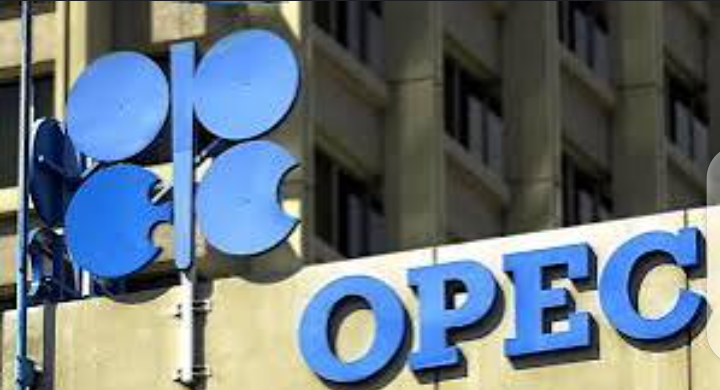Haitham Al Ghais, the secretary general of the Organization of Petroleum Exporting Countries, has said fuel costs are mostly determined by taxes imposed by major oil-consuming countries rather than oil prices.
He clarified that the price consumers pay at the pump is influenced by a number of factors, such as the cost of crude oil, the expenses associated with refining, transportation, and marketing, as well as taxes and oil company margins.
Al Ghais claimed that nations that produce oil frequently reinvest the money they receive from oil sales back into the oil industry.
He said that exploration, production, and transportation projects received a large percentage of the revenue from OPEC member countries.
The OPEC secretary also claimed that this reinvestment guaranteed a steady flow of oil to meet demand throughout the world, the Punch reported.
The head of OPEC pointed out that taxes on petroleum products bring in a substantial amount of money for the governments of the consuming nations.
The average percentage of total tax on the final retail price that went to the Organization for Economic Co-operation and Development climbed year over year to about 44% in 2023.
However, the head of OPEC pointed out that taxes on petroleum goods brought in a substantial amount of money for the governments of the consuming nations....Read Full Article [Click Here>]
“Therefore, for many consumers, taxation can be a more significant factor than the original price for crude, in feeling any pinch in their pocket at the pump,” he stated.
He clarified that between 2019 and 2023, retail sales of petroleum goods generated roughly $1.915 trillion in revenue for OECD economies, while oil earnings for OPEC countries accounted for the remaining portion.
He pointed out that taxes was primarily responsible for this significant source of income.
Al Ghais underlined that nations that produce oil do not have the luxury of allocating all of their income to the advancement of their economies, societies, and infrastructure.
To ensure both present and future supplies, they must instead reinvest in the oil industry.
“On a final note, some governments simultaneously seek to utilise the revenue-generating potential of petroleum, while seeking to phase out oil, alongside subsidising other energies.
In advocating this approach, they should consider the question of how they will replace the revenues lost from taxation on oil. Might similar taxation levels need to be placed on other energies?” he asked.






